My Black History Month Reflection: Why Words and Images Matter
Whether faith guides you or not, human dignity is not up for debate.
For the unaware, for centuries, Black people were portrayed as apes to justify slavery, segregation, and violence. That history was intentional. It was dehumanizing. It caused real harm!
So when imagery compares Black leaders to animals, even if someone calls it “just a Lion King reference” from The Lion King, context still matters. History does not disappear because something is labeled satire (humor).
Leadership is not just about what you can post. It’s about what you should post. Wisdom asks: How will this land? Who might this harm?
So when any public figure, especially someone occupying the highest office in the land, shares or allows the sharing of imagery that echoes a painful history, it cannot simply be dismissed.
Silence or refusal to correct such actions matters. Leadership requires accountability. Scripture reminds us:
“Let no corrupt communication proceed out of your mouth, but only what is helpful for building others up.” Ephesians 4:29
“To whom much is given, much will be required.” Luke 12:48
We cannot claim ignorance of history and expect to move forward in unity.
“Clearly, the education system doesn’t do enough to educate us about the science or history of man. Because if it did, we would see the disappearance of the ape insult.” (Bradley,2013)
This further affirms that when we do not know history, we risk repeating it. When we excuse it, we normalize it!!!
The fact that this particular incident from the President occurred during Black History Month only underscores why remembering history matters.
Influence is power. And it carries responsibility.
#KnowYourHistory #IAmBecoming2019 #MichelleObama #Elegance&Class #VoterRegistration
https://findanexpert.unimelb.edu.au/news/3043-the-ape-insult--a-short-history-of-a-racist-idea
Photos: Me attending the I Am Becoming Tour 2019


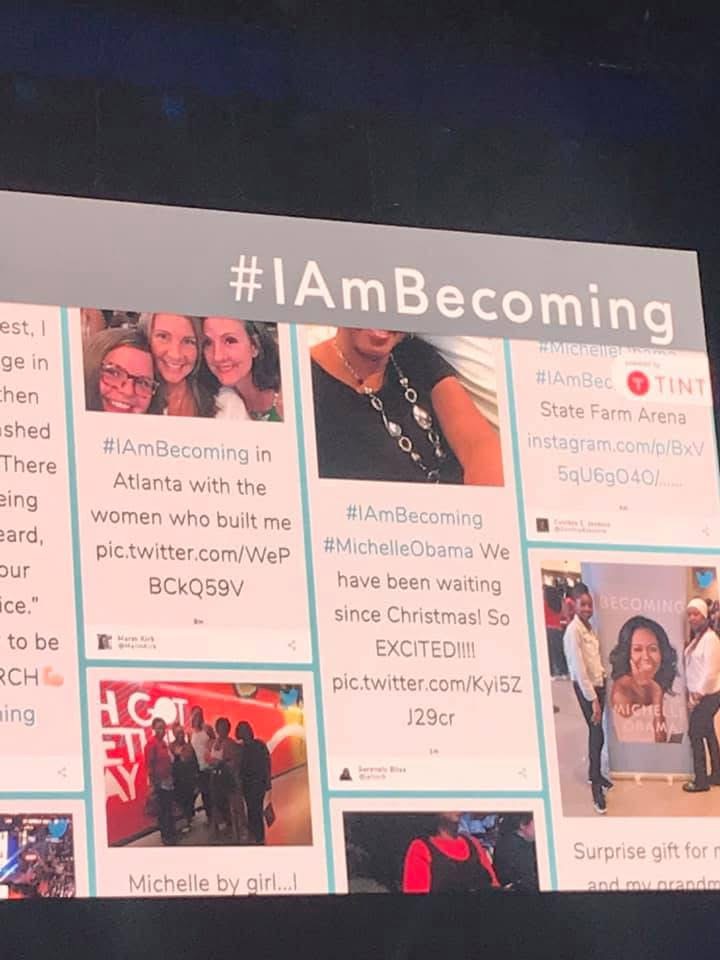



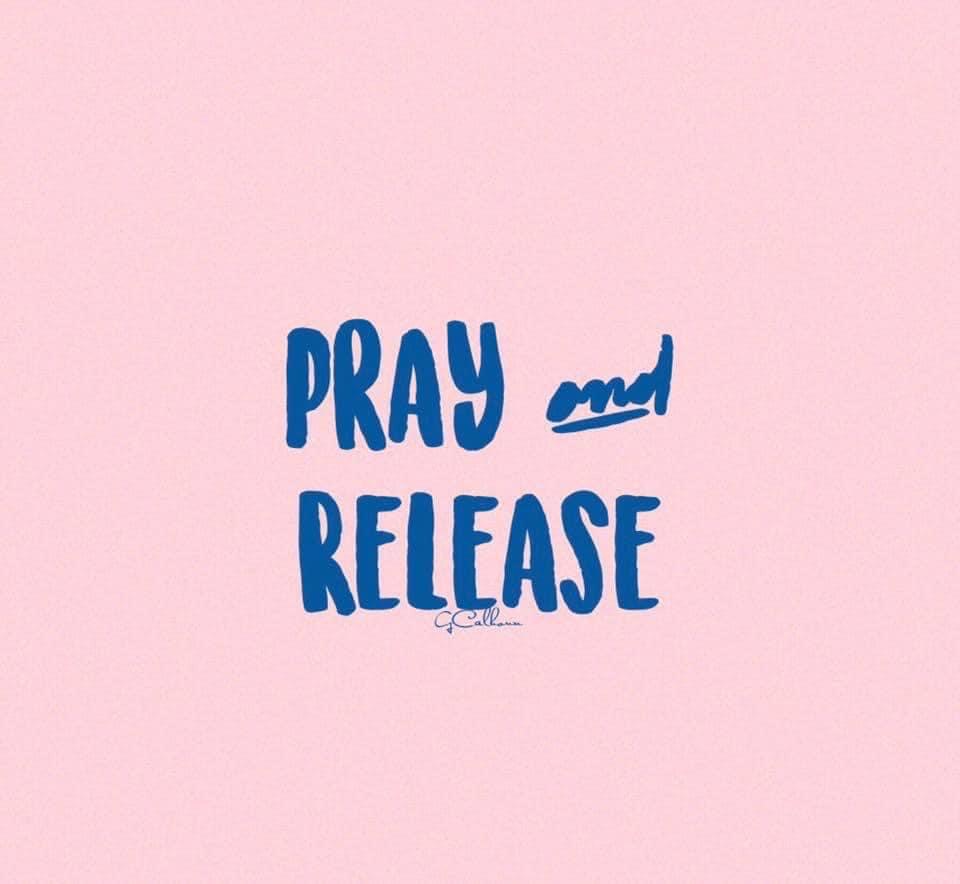 Is It Worth Your Worry?
Is It Worth Your Worry?
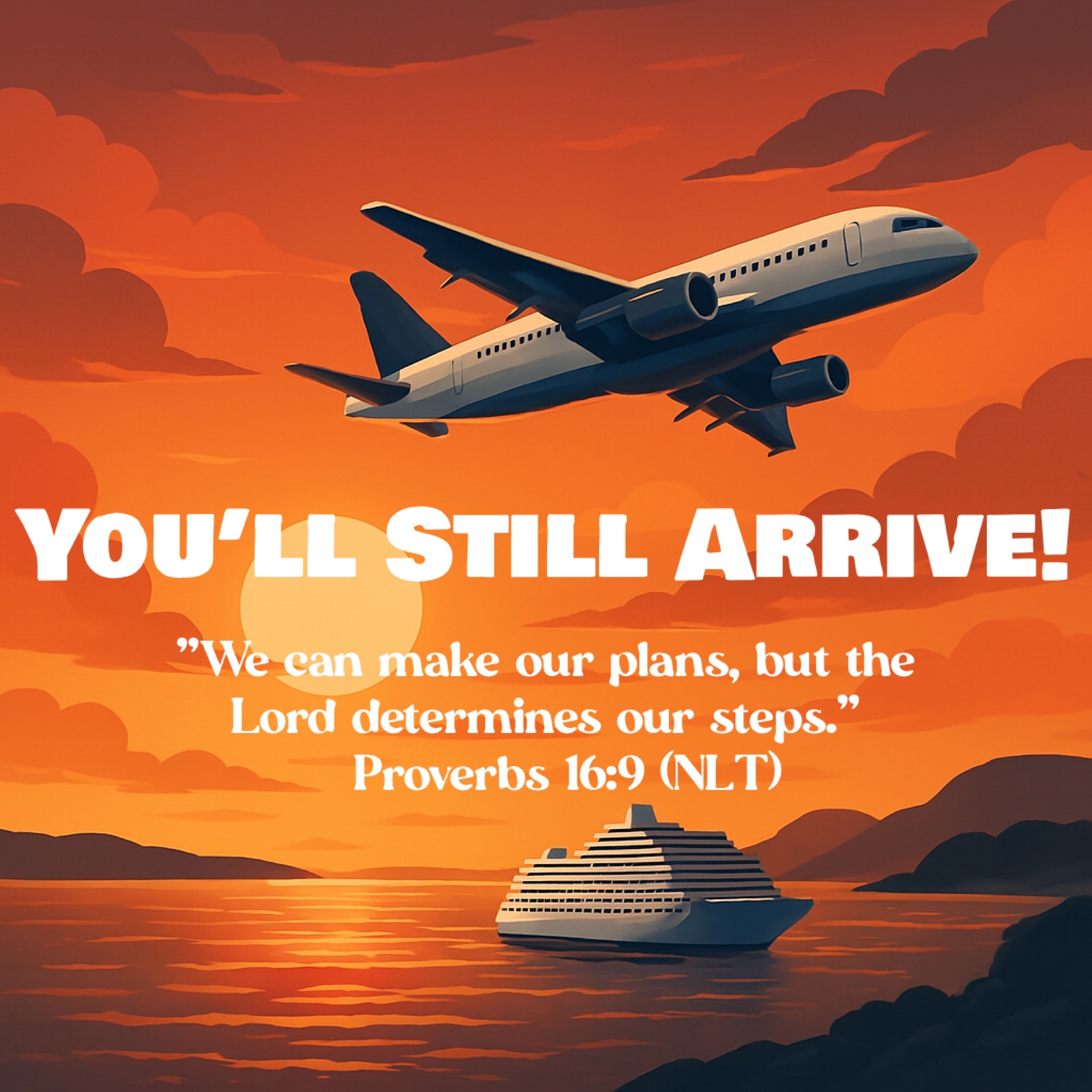 “We can make our plans but the Lord determines our steps” Proverbs 16:9.
“We can make our plans but the Lord determines our steps” Proverbs 16:9.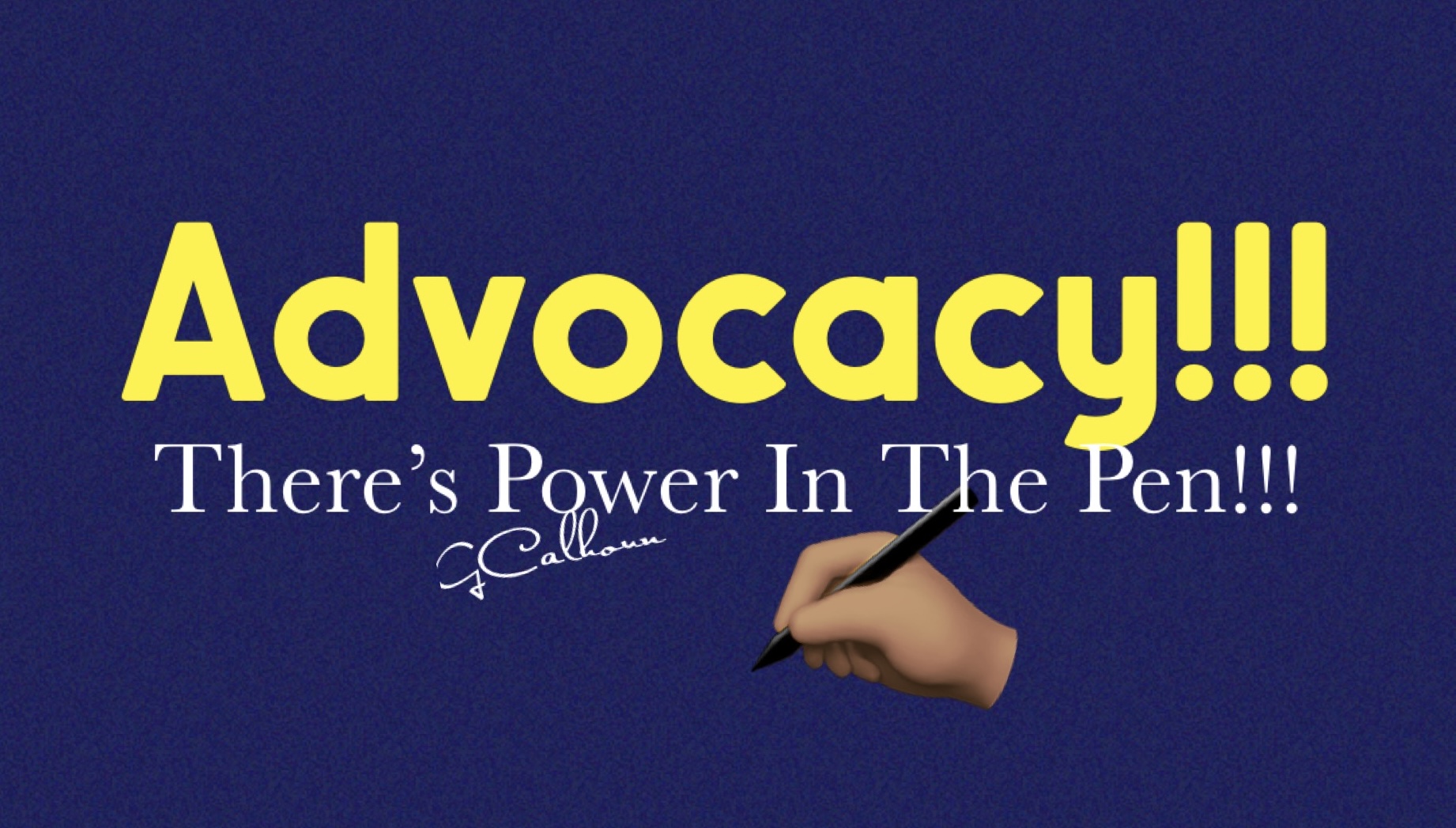 In times of uncertainty, when our communities face policies that threaten our well-being, advocacy becomes our most powerful tool. Advocacy is not just for politicians, activists, or lawyers—it’s for everyone. It’s how we make our voices heard, hold leaders accountable, and fight for a future that protects and uplifts us all.
In times of uncertainty, when our communities face policies that threaten our well-being, advocacy becomes our most powerful tool. Advocacy is not just for politicians, activists, or lawyers—it’s for everyone. It’s how we make our voices heard, hold leaders accountable, and fight for a future that protects and uplifts us all.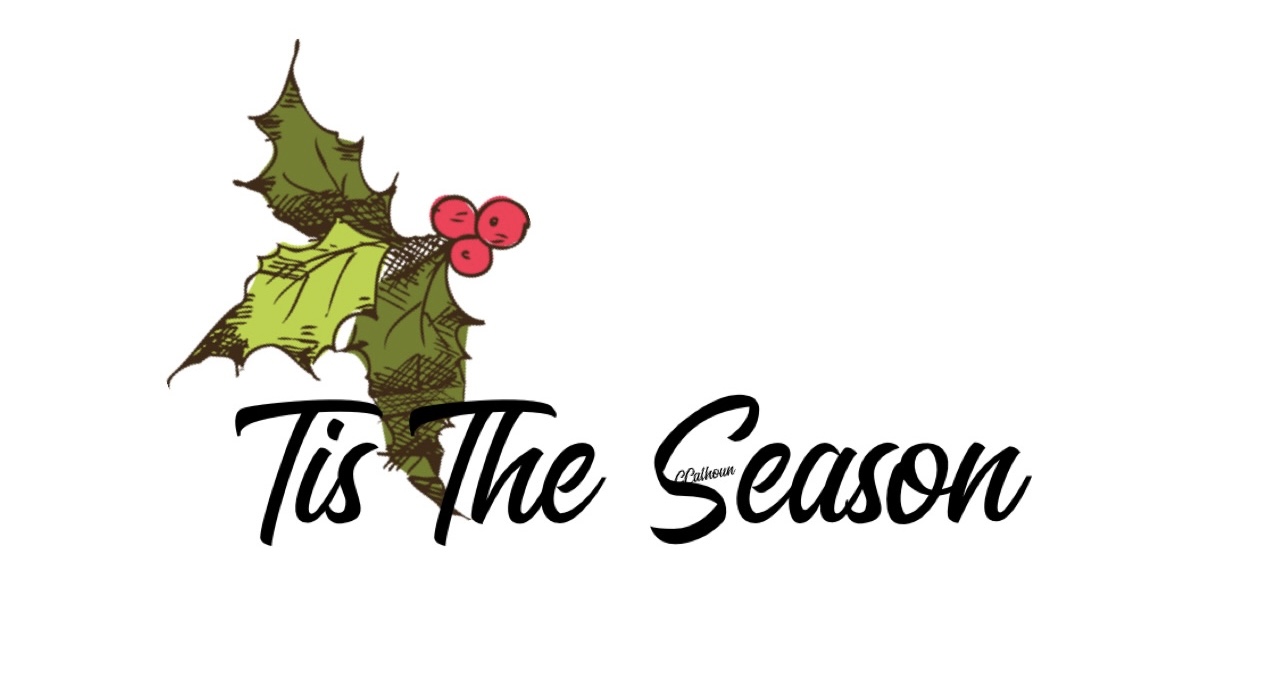 The holidays are a time of joy, celebration, and reflection, but as life evolves, so do our experiences of the season. Loved ones pass on, children grow up, and the familiar traditions that once brought us comfort may shift or fade away. Even as believers who know that Jesus is the reason for the season, the human side of us can still feel the sting of change and loss. While gratitude remains in our hearts, it doesn’t always erase the pain we feel.
The holidays are a time of joy, celebration, and reflection, but as life evolves, so do our experiences of the season. Loved ones pass on, children grow up, and the familiar traditions that once brought us comfort may shift or fade away. Even as believers who know that Jesus is the reason for the season, the human side of us can still feel the sting of change and loss. While gratitude remains in our hearts, it doesn’t always erase the pain we feel.